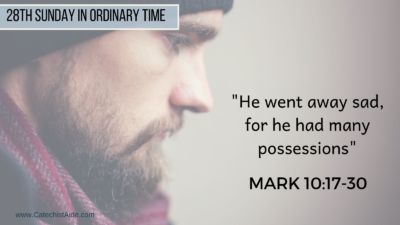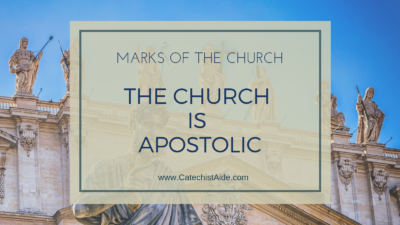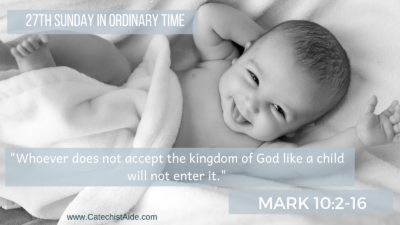“I am confident of this, that the one who began a good work in you will continue to complete it until the day of Christ Jesus.” (Philippians 1:6)
The song “Unfinished” from Mandisa draws from this verse, reminding us that God has started something good in each of us, and His work continues throughout our lives. Even when things seem to go horribly wrong, and doubt begins to set in, we can draw on the truth that God’s plan for us may not be evident, but it is good.
God already knows the whole picture of our lives, but for us, it’s difficult to see. It’s like standing too close to a painting. We can see small details, even individual brush strokes, but the full image isn’t clear unless we are able to take a step back. Only then can the whole picture come into view.
This is a message that young people need to hear. When we’re young we tend to paint a picture of how things will be as we get older. But things don’t always go as planned and disappointment can set in. We can begin to feel disillusioned, hopeless. Worse yet – we can begin to believe that we are a failure – and that things will never change. If we could only take a step back, remember God’s great love for us, and trust in His plan for our lives, we can find the strength to persevere through these difficult times.
© 2018 Catechist’s Aide





